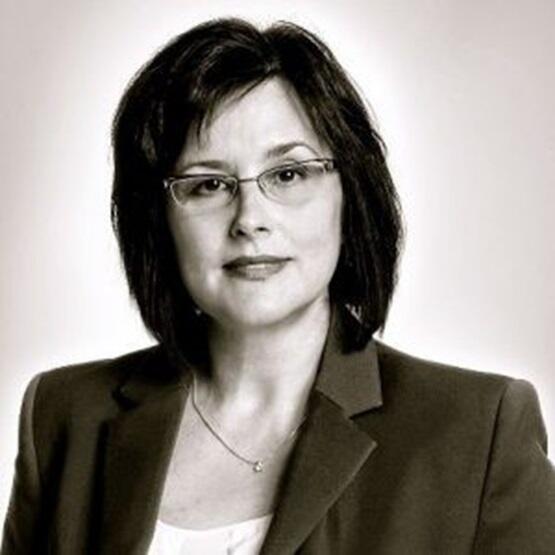Family Medicine Clerkship
A hands on clinical experience in family medicine clinics across southern Alberta.
Family medicine has many unique features which contribute to excellent clinical learning opportunities. We are fortunate to have a group of dedicated, skilled and enthusiastic community-based preceptors who will facilitate your clinical learning, 1 on 1. Students consistently report on the power of these individuals and this arrangement, a high degree of hands-on for students, as well as regular opportunities for direct observation-based feedback.
Your clinical experiences and project work will help you develop the comprehensive approach to patient care, typical of family medicine. This approach will help ensure that your hard work, including classroom and “book learning”, contributes to reducing human suffering and promoting health and wellness. See the core document below for more information.
Family medicine clerkship will give you an inside view of the field. Having a broad understanding of the discipline is critical to your own future practice, regardless of field, given that “family medicine is the foundation on which the delivery of medical care in Canada is based”. (1)
Dr Anila Ramaliu, MD MSc CCFP
Family Medicine Clerkship Director
Clinical Assistant Professor
(1). “University of Calgary Task Force on Family Medicine as a Career Choice” 2009.

Dr Anila Ramaliu
The Patients seen in a Family Medicine practice support students learning in a myriad of ways!
(2). Rethinking Undergraduate Medical Education – A View From Family Medicine. The College of Family Physicians of Canada, 2007
“...patients seen in a family practice more closely represent the demography of illness in the community; undifferentiated patients seen in the earliest stages of their illnesses are more appropriate for learning clinical reasoning..” (2)
Seeing patients with new concerns, who have not yet been “worked up” will allow you to practise your data gathering skills, apply your content knowledge and develop differentials, unbiased by other’s clinical assessments. The range of clinical problems that you will encounter in family medicine, including management of acute, undifferentiated problems; ongoing care of chronic disease; disease prevention, health promotion, and rehabilitation, will also help you to transfer, apply and transform your pre-clerkship learning. You will see diseases that are rare in hospital but very common causes of human suffering, while learning generalist skills.
“...ambulatory patients are more autonomous and are better-suited for learning clinical judgement and finding common ground..” (2)
Patients seen in hospital are often too ill to actively participate in their care. This often results, by default, in very physician-centred care; it’s difficult to address the patient’s agenda, including functional limitations, ideas, concerns, and expectations, when these are largely unknown.
“...personal, family and other contextual factors are more apparent, thus demonstrating the importance of addressing all of the determinants of illness; care is provided over many years, thus illustrating the central role of the patient-physician relationship.” (2)
Following patients over time and from the vantage point of the community in which their patients live, enable family physicians to develop strong connections to their patients and deep understanding of factors influencing patients’ experiences with illness. As a community-based discipline, you will have opportunity to work with a network of health care providers, developing your collaborative, and at times, leadership, skills in team-based care

